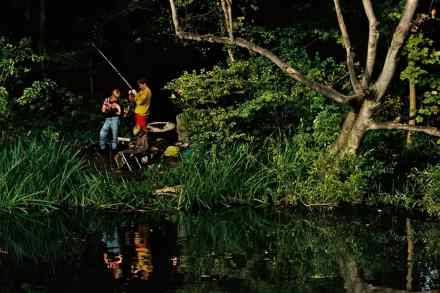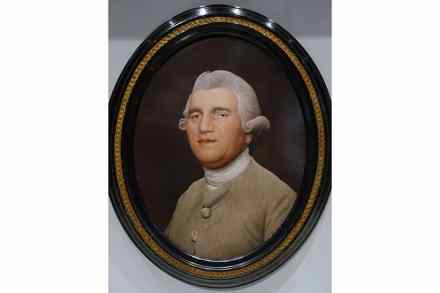The watery life of the capital
To write about London and its rivers is to enter a crowded literary field. Many aspects of watery life in the capital have been documented for public consumption over the past 150 years, from Hilaire Belloc’s lament for the river’s lost monasteries in The Historic Thames to Peter Ackroyd’s doorstop, London: A Biography. More recently, it is previously unremarked everyday stories which have found a home on many publishers’ lists. The practice of mudlarking especially of sifting objects from the river’s mud has held readers in thrall. Sometimes it sounds as though the Thames foreshore at low tide must be as busy as a King’s Cross platform during a pre-pandemic




















